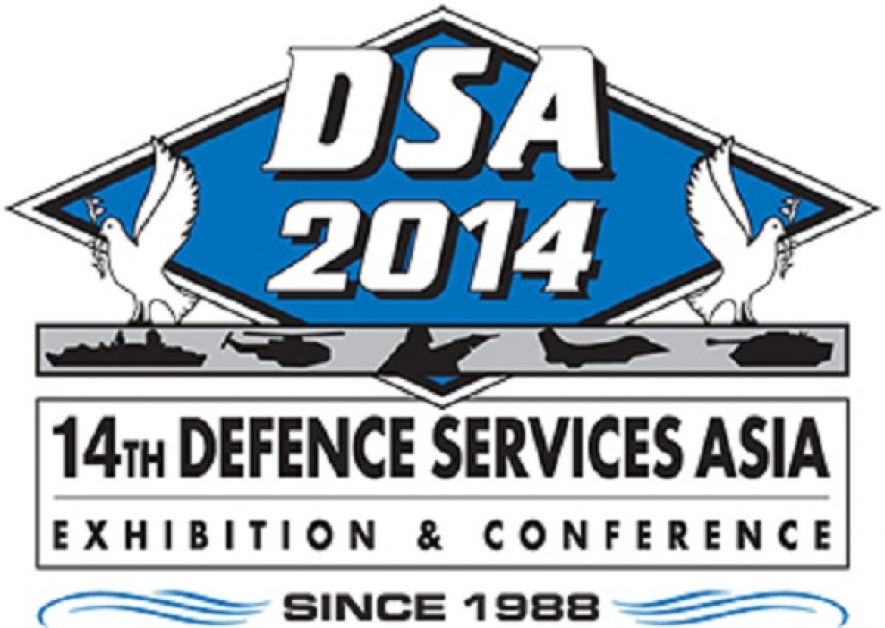Speaking on Sri Lanka's experience in dealing with terrorism Secretary Defence said that much can be learnt from the Sri Lanka's experience with non-state actors and the LTTE as a non-state actor of great power and reach posed an extreme threat to the country until its defeat in May 2009 through a military operation launched by the Government.
Mr. Rajapaksa said that a key part of the LTTE's modus operandi was to mobilise support for itself by wiping up ethnic and communal feeling in expatriate Tamil populations all over the world. Extremist elements within the diaspora were mobilised by LTTE operatives and front organisations in more than thirty countries around the world to help fund terrorist activities in Sri Lanka.
The scale of terrorist funds mobilised is estimated to have been between 50 to 75 million US dollars on an annual basis from 1993 to 2002, and 200 million US dollars per annum from 2002 to 2008 he revealed. They raised funds through carefully orchestrated propaganda campaign, coercion, extortion and through organized illegal activities including fraud, drug trafficking and people smuggling.
These LTTE used these funds to procure arms internationally which set a worrying illustration of the strength to which non-state actors can sometimes aspire, he added.
He went on to state that a non-state actor can mobilise, maintain and successfully utilise a global network to strengthen and sustain terrorist activities in a sovereign nation is a matter of very serious concern both locally and globally. Even today terrorist remnants continues to sustain an international propaganda campaign against Sri Lanka through front organisations that have now put on a democratic face.
He expressed concern on nations that seem ignore these front organisations and their activities which are mostly run by trained terrorists operatives who constantly seek ways to revive terrorist activities in Sri Lanka.
Apart from terrorism and arms trafficking, the most serious activities by non-state actors in today's context include people smuggling, narcotics trafficking and sea piracy.
Elaborating on Sri Lanka's efforts in curbing human smuggling Secretary Defence said that between 2009 and 2013, 4273 illegal migrants had been intercepted by the Sri Lanka Navy.
The links between people smuggling and other transnational crimes carried out by non-state actors remains a matter of great concern for global security. The drug trafficking is another serious concern in today's context he added.
Mr. Rajapaksa stressed on the need for effective sharing of intelligence between countries, increased coordination between law enforcement agencies and the relevant government departments, and the establishment of bilateral and multilateral mechanisms to combat these issues cooperatively.
He said that Sri Lanka has worked together very closely with Australia on the issue of human smuggling and the elaborated on effective measures taken to discourage illegal travel. Sri Lankan has also recently worked with the Governments of India and the Maldives on establishing a trilateral agreement for cooperation in the maritime domain.
Mr. Rajapaksa also mentioned on the country's role in curbing piracy in international waters and that Sri Lanka is one of the countries that has taken the lead in providing on board security services for vessels.
In conclusion he said that upholding national, regional and global security is a tremendous responsibility, and adequate safeguards are required to curb the threats posed by various non-state actors. One of the most critical strategies that nations can employ in this regard is to increase cooperation with each other on this issue through bilateral and multilateral mechanisms.
Deputy Minister of Defence of Malaysia, Datuk Abdul Rahim Bakri and Boguslaw Winid, Deputy Minister of Foreign Affairs of Poland were among the distinguished guests present at the forum.
The Putrajaya Forum is being held under the theme "Strengthening Security and Regional Stability". This is the third Putrajaya Forum organised by MiDAS. This forum will involve Defence Ministers, Chiefs of Defence Force and Secretary Generals of the Defence Ministry of ASEAN + 8 member states, plus other participating nations. 1,000 companies from 50 countries are attending the DSA this year.(Defence.lk)




















